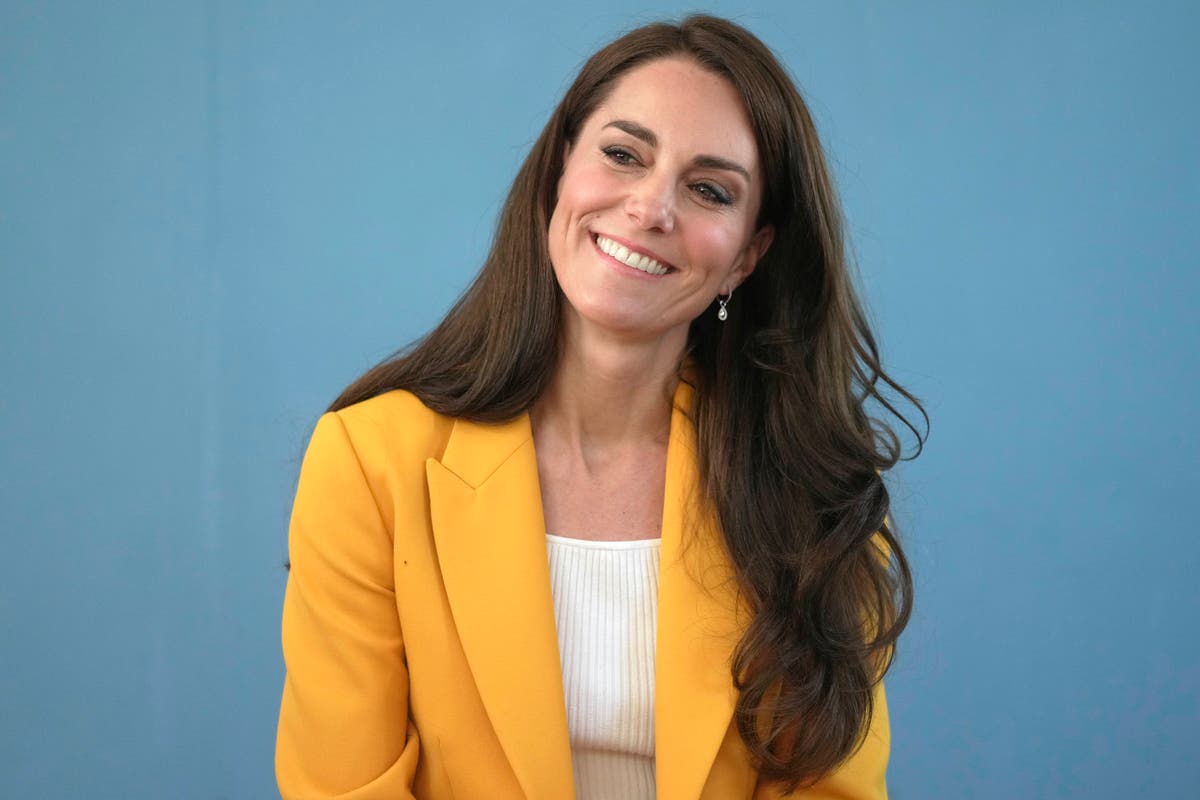Identifying your values, needs and preferences helps guide your choices, while developing assertiveness allows you to communicate these choices clearly and respectfully.
Freedom of choice is more than a historical milestone; it is an ongoing journey toward better mental health and fulfilling relationships.
On this Independence Day, as we reflect on the freedoms gained in 1947, it is critical to examine how freedom of choice continues to influence our mental health, sexual well-being, and relationships. Mental health and sexual wellness experts stress that exercising this freedom is critical to improving our overall well-being and personal fulfillment.
Dr. Mona Gujral, chief psychologist at coto, a women-only social community platform, stresses the importance of making decisions for oneself. She points out that while India was freed from colonial rule decades ago, many people still face mental limitations that hinder their ability to seek help and make autonomous decisions. “Our oppressive thinking often prevents us from exercising our freedom of choice,” explains Dr. Gujral. “Yet this freedom is critical for our mental health and relationships.”
Making decisions—whether about what to eat, what career to pursue, or choosing a partner—gives us a sense of control that can reduce anxiety, depression, and stress. Dr. Gujral advocates self-awareness and confidence as the first steps toward exercising this freedom. Identifying your values, needs, and preferences helps guide your choices, while developing assertiveness allows you to communicate these choices clearly and respectfully.
However, the path to empowerment isn’t always easy. Many people, particularly women, struggle with decision-making due to anxiety or a lack of confidence. “Therapy can be incredibly beneficial,” says Dr. Gujral. “Through live consultations, a therapist can provide a supportive, non-judgmental space to explore feelings, identify barriers to decision-making, and develop strategies to overcome them. This is especially crucial for those who are unable to seek in-person therapy.”
Preet Alingan, an intimacy coach at Coto, highlights another aspect of choice: the freedom to set boundaries in intimate situations. Despite advances in various sectors, autonomy over one’s body remains a challenge. “India, known for its landmark texts on sexuality like the Kama Sutra, still struggles with unrealistic beauty standards and societal pressures regarding intimacy,” notes Alingan. “These pressures can lead to issues like body dysmorphia, low self-esteem, and confusion around consent.”
Alingan emphasizes that reclaiming one’s body and prioritizing mental well-being are fundamental to sexual well-being. “The freedom to say ‘no,’ to set boundaries, and protect emotional and mental health, is vital. Saying ‘no’ without fear or guilt is a fundamental right and an essential tool for maintaining healthy relationships.”
For those who struggle with setting boundaries or navigating complex dynamics, Alingan recommends therapy and safe spaces like the coto, where women can talk and learn about consent and intimacy. “Therapy and supportive platforms help women understand and exercise their right to choose, fostering a healthier and more positive outlook towards their wants and needs.”
In conclusion, freedom of choice is more than a historical milestone; it is an ongoing journey toward better mental health and fulfilling relationships. By embracing this freedom and seeking support when needed, people can improve their well-being and navigate their personal lives with confidence and clarity.












